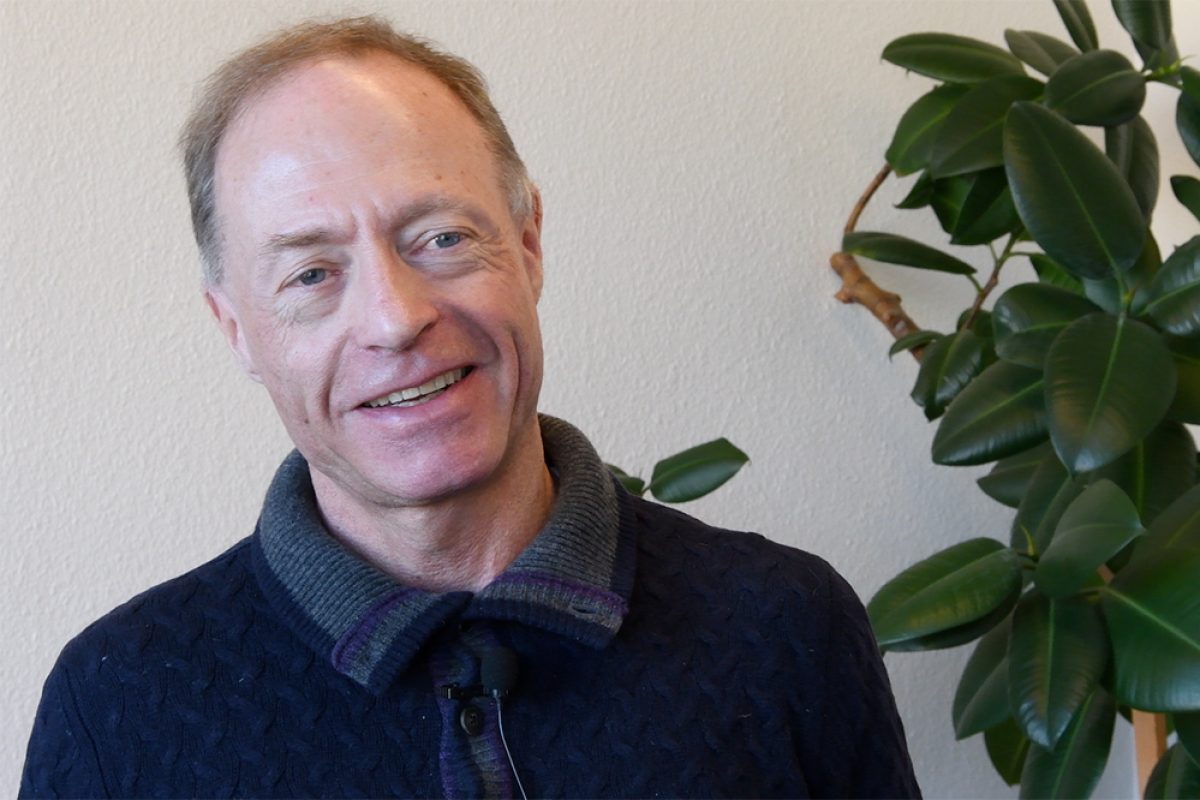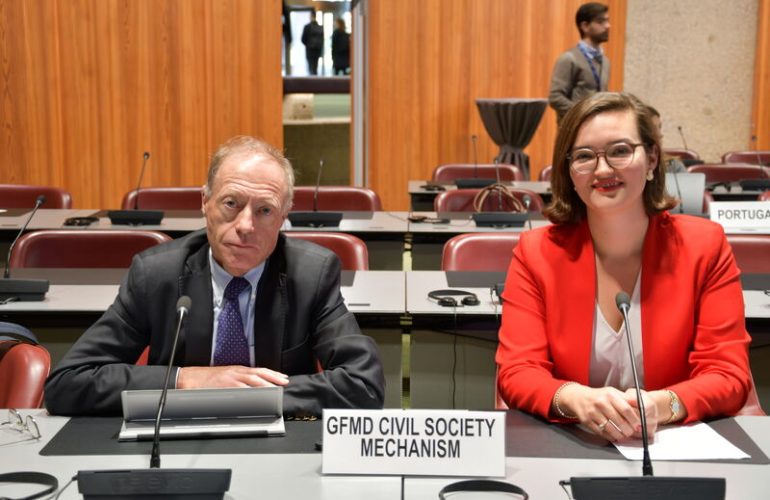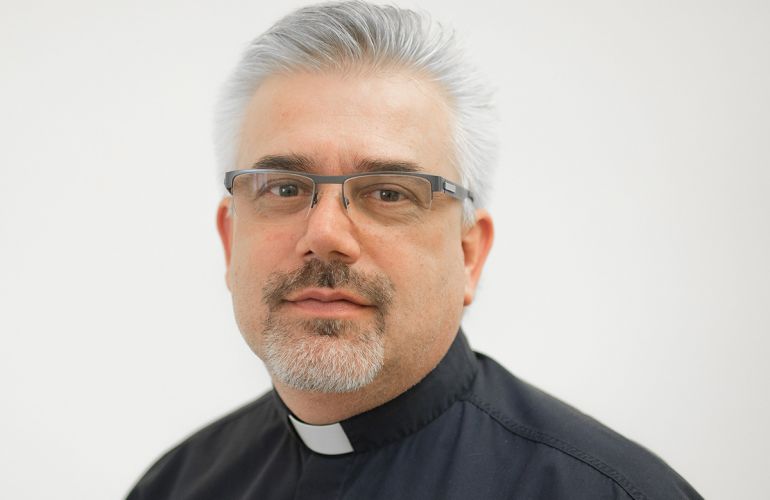The Investment of Civil Society in the Global Forum on Migration and Development

With the conclusion of Global Forum on Migration and Development’s Quito Summit, ICMC Director of Policy Stéphane Jaquemet examines what civil society has achieved and what to expect of the process as it moves forward.
“It is very important to have a space where civil society can be in open dialogue with governments,” says Stéphane Jaquemet, Director of Policy at the International Catholic Migration Commission (ICMC) and Head of the Civil Society Coordinating Office for the Global Forum for Migration and Development (GFMD).
“The good thing about the GFMD is that it may not be binding, but usually governments are quite open, and it is a place where delicate migration issues can be discussed in an open and transparent manner.”
During the GFMD Quito Summit, for example, the issues discussed were criminalization of migrants as well as that of civil society working with migrants, access to services by irregular migrants and the phenomenon of mixed migration.
The GFMD does not aim at immediate results, explains Mr. Jaquemet. It is a laboratory, a long-term investment. “It’s very important to realize that the GFMD, created 13 years ago, paved the way for the adoption of the Global Compact for Migration.”
The Global Compact for Migration is an international agreement signed by over 150 countries worldwide, aimed at creating better living conditions for millions of migrants around the world.
From 20 to 24 January, the Ecuadorian capital hosted the annual GFMD Summit. The Forum is a government-led informal process that brings together States, local authorities, businesses, and civil society organizations concerned with migration and development issues. Its goal is to discuss sensitive topics, propose innovative solutions, and share policies and practices.
On 22 January, civil society delegates from around the world gathered for Civil Society Day, where five major topics were discussed: access to services for all migrants; mixed migration movements; labor migration; climate-related displacement; and the criminalization of migrants and those assisting them. Five cross-cutting issues were considered in all the discussions: children, youth, gender, the role of the diaspora, and countering negative narratives on migration.
Civil society is one of the so-called ‘mechanisms’ that gather for exchanges at the GFMD. The other mechanisms are governments, the business sector, and, for the first time this year, mayors. The inclusion of the mayoral mechanism has been greeted warmly by Forum participants and by civil society representatives in particular.
“Local authorities have a very good grasp of the reality and of the difficulties encountered by migrants” because they are the ones to deal with migrants’ arrival, most often in their cities’ most impoverished neighborhoods, explains Mr. Jaquemet. “We have many things in common between civil society and mayors,” as civil society organizations are often the main providers of services to migrants at the grassroots level.
The Road Ahead
The next GFMD Summit will take place in Dubai in the United Arab Emirates in January 2021.
“What are my expectations?” says Mr. Jaquemet. “I would like more governments deeply committed to the GFMD. So far, the GFMD has been able to continue through the active engagement of 10, 15, maximum 30 governments. Most of the other governments will participate, will follow, but we don’t see the same level of proactive engagement on their part.”
“So far, the United Arab Emirates has been a very proactive chair,” he continues. “We already have a vision paper, and for the first time in Dubai, the entire Summit will be open to all participants. This change of dynamics will, in my opinion, make the GFMD more interactive, more creative, and [will probably produce] more results.”
—
Created in 2006 by the then-Secretary-General of the United Nations Kofi Annan, the GFMD has taken on a new role since December 2018 with the adoption of the Global Compact for Migration (GCM).
The GCM recognizes the Forum as “a space for annual informal exchange on the implementation of the Global Compact and to report the findings, best practices, and innovative approaches” to the International Migration Review Forum (IMRF). The IMRF is the United Nations’ mechanism to review the implementation of the GCM.
Since 2011, ICMC has coordinated the activities of global civil society in preparing for and during the GFMD.


